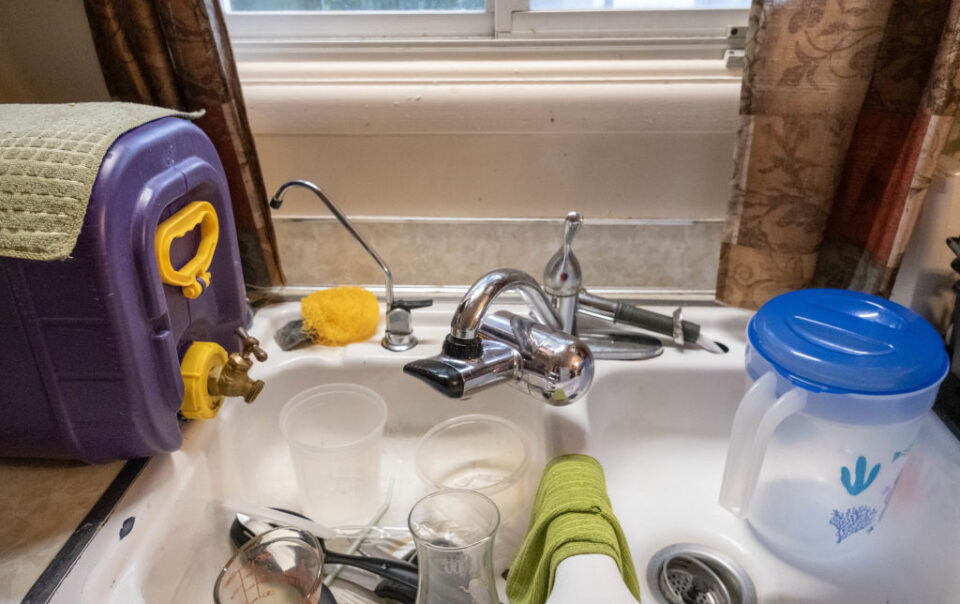Over 10 years after a water crisis began in Flint, Michigan, the city has hit a milestone. Its lead pipe remediation efforts have been completed, with a goal to ensure that citizens have access to safe drinking water going forward. The initiative to replace lead pipes in Flint comes after cost-cutting measures exposed the city’s residents to lead and other health risks. The crisis helped lead to a nationwide effort to remove lead pipes from residences.
11,000 pipes replaced as part of a settlement over water contamination
A progress report submitted by Michigan officials to a court Tuesday affirmed that the city had completed its process of removing and replacing lead pipes in the city. In total, the report details that 11,000 lead pipes had been replaced and 28,000 properties had been assessed for lead throughout the city. The lead remediation came after a 2017 lawsuit was filed on behalf of city residents who had been exposed to contaminated water as part of a cost-cutting measure. The lawsuit was settled in 2021 for $626 million, as well as an agreement for the city to replace lead pipes for free. Although the replacement program has been completed, an estimated 4,000 homes still contain lead pipes that were not removed because the properties were vacant or because homeowners opted out of the voluntary replacement offer.
Water crisis over a decade old
The Flint water crisis began in 2014 when government officials switched the source of the city’s water supply from Lake Huron to the Flint River in a cost-cutting measure. It was later confirmed that the city’s drinking water was contaminated with lead as a result of the change. Members of the city’s majority-Black and predominantly lower-income population, especially the community’s children, were put at risk of suffering neurological damage as a result of lead exposure. Additionally, the switch led to an outbreak of Legionnaires’ disease, which killed 12 people and caused dozens more to fall ill.
After Flint, national attention focused on water contamination
The Flint case brought national attention to the Michigan city and to the larger issue of lead contamination and other threats to clean drinking water that often impact minority and financially challenged communities. The Biden administration allocated $15 billion for lead pipe replacement as part of its bipartisan infrastructure bill that was passed by Congress and signed into law, and Biden later allocated an additional $3 billion for efforts to lower lead exposure in drinking water. Last October, the Environmental Protection Agency required that all lead pipes across the country be removed over the next decade, which the agency estimated would cost $45 billion or more. The Trump administration is currently considering whether or not it will continue to enforce Biden’s regulations concerning lead and copper.
The outcome of the Trump administration’s review could have a significant impact on whether or not lead pipes and other sources of water contamination are addressed across the nation or ignored. For Flint, at least, officials appear to have finally addressed the situation that endangered the health of tens of thousands of residents throughout the city.






